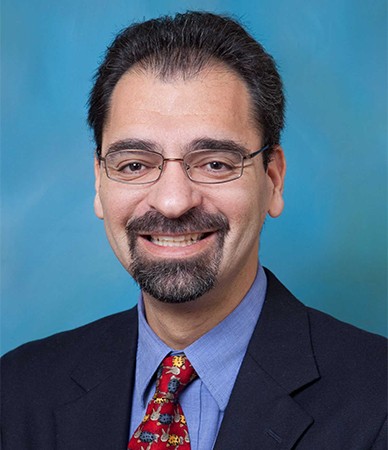
Image caption: Yoram Unguru
Work-arounds due to shortages of crucial and lifesaving drugs have become the new normal in American medicine, forcing health care providers to make difficult decisions with no formal guidance, according to a special report published recently by The New York Times.
"At medical institutions across the country, choices about who gets drugs have often been made in ad hoc ways that have resulted in contradictory conclusions, murky ethical reasoning and medically questionable practices," author Sheri Fink writes in the article.
After seeing the effect of chemotherapy shortages on pediatric cancer patients and his oncologist colleagues, Yoram Unguru, an oncologist at the Children's Hospital at Sinai in Baltimore and a faculty member at Johns Hopkins University's Berman Institute of Bioethics, decided to take action. Working with the Children's Oncology Group, he convened a working group of bioethicists, pharmacists, policymakers, and cancer specialists to address the problem.
"The reasons for drug shortages are complex, but we must not lose sight of the fact that without access to these lifesaving drugs, children and adults with cancer will almost certainly die," Unguru says. "It is untenable for this situation to continue any longer. We have a clear moral obligation to act to address this critical issue."
In a commentary published in the Journal of the National Cancer Institute, Unguru and colleagues issue concrete guidance for the ethical allocation of chemotherapy and other supportive care drugs for children with cancer.
"When faced with having to decide which of two children with cancer receives a lifesaving treatment, physicians and administrators should not feel that they are alone without a roadmap," Unguru says. "Allocation of scare resources, especially those that could save a life, is difficult and complex, but it is unethical to leave these challenges unaddressed. We hope this framework will be helpful and serve as a catalyst for further substantive action."
Posted in Health, Voices+Opinion








